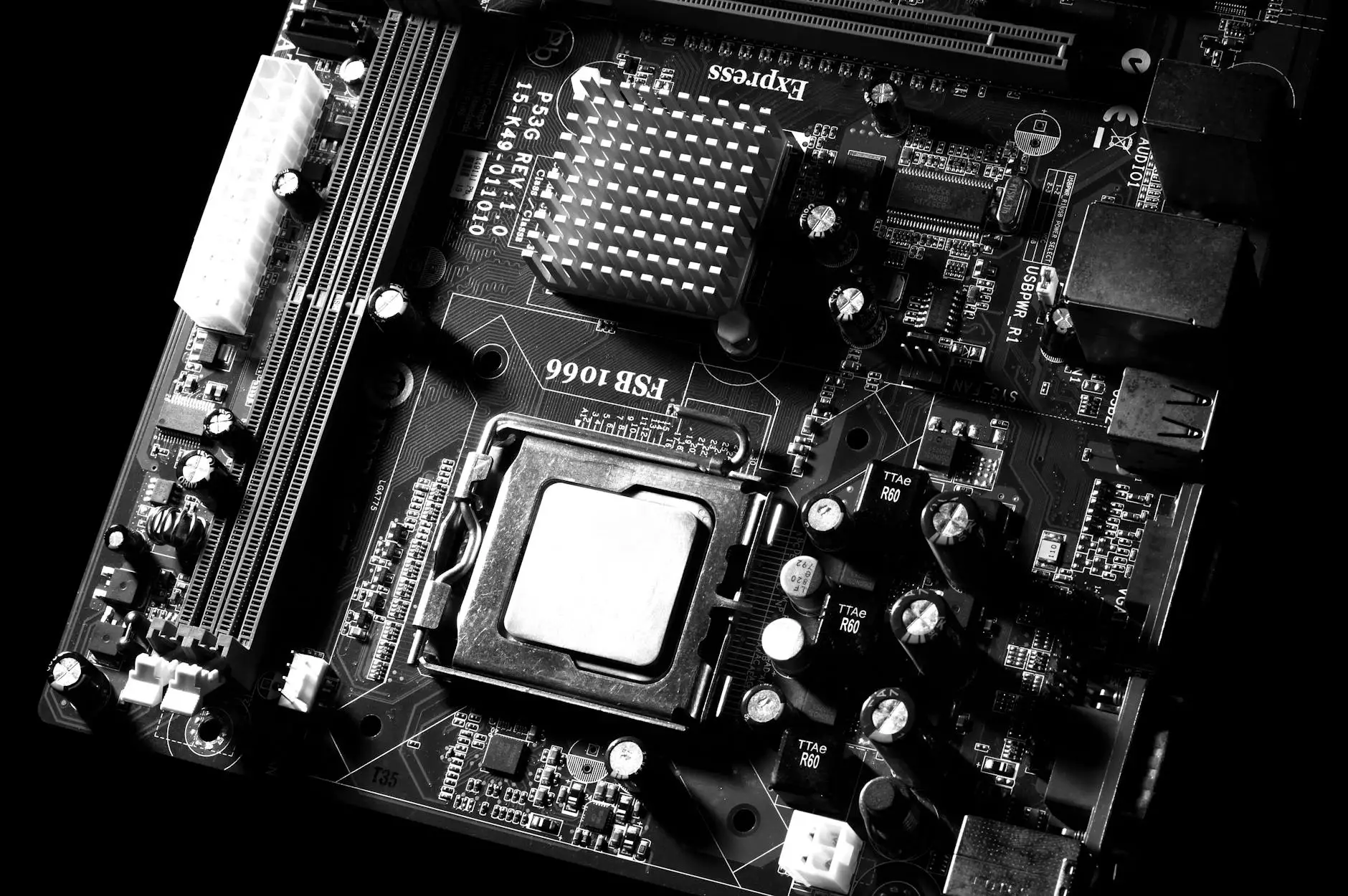The Benefits of Grain Monitoring in Farm Equipment Repair and Farming Equipment

As technology continues to advance, the agricultural industry is witnessing significant improvements in efficiency and productivity. One such innovation that is transforming the way farmers manage their crops is grain monitoring. In this article, we will explore the importance and benefits of integrating grain monitoring technology into farm equipment repair and farming equipment.
Enhanced Crop Quality
Grain monitoring plays a crucial role in ensuring the quality of crops throughout the harvesting and storage processes. By utilizing advanced sensors and monitoring systems, farmers can accurately track the moisture levels, temperature, and condition of the grain. This data allows farmers to make informed decisions to prevent spoilage and maintain the quality of their crops.
Improved Operational Efficiency
Integrating grain monitoring technology into farm equipment repair and farming equipment streamlines operations and improves efficiency. Farmers can remotely monitor their grain storage facilities and equipment, enabling them to identify issues promptly and take preventive measures. This proactive approach minimizes downtime and optimizes the overall productivity of their agricultural operations.
Cost Savings
Grain monitoring helps farmers reduce unnecessary costs associated with grain spoilage and inefficiencies in storage and handling. By implementing automated monitoring solutions, farmers can prevent losses due to mold, pests, and moisture, ultimately saving money and maximizing their profits.
Data-Driven Decision Making
One of the primary advantages of grain monitoring technology is its ability to provide valuable data insights to farmers. By analyzing real-time data on grain quality and storage conditions, farmers can make data-driven decisions to optimize their farming practices and increase yields. This data-driven approach empowers farmers to proactively address issues and adapt their strategies for better results.
Environmental Sustainability
Grain monitoring technology not only benefits farmers in terms of efficiency and profitability but also contributes to environmental sustainability. By reducing waste and improving resource management, farmers can minimize their environmental impact and operate more sustainably. This aligns with the growing demand for eco-friendly and responsible agricultural practices.
Conclusion
In conclusion, the integration of grain monitoring technology in farm equipment repair and farming equipment offers a wide range of benefits to farmers. From enhancing crop quality and operational efficiency to enabling data-driven decision-making and promoting environmental sustainability, grain monitoring is revolutionizing the agricultural industry. By embracing this innovative technology, farmers can stay ahead of the curve and optimize their agricultural practices for success.









